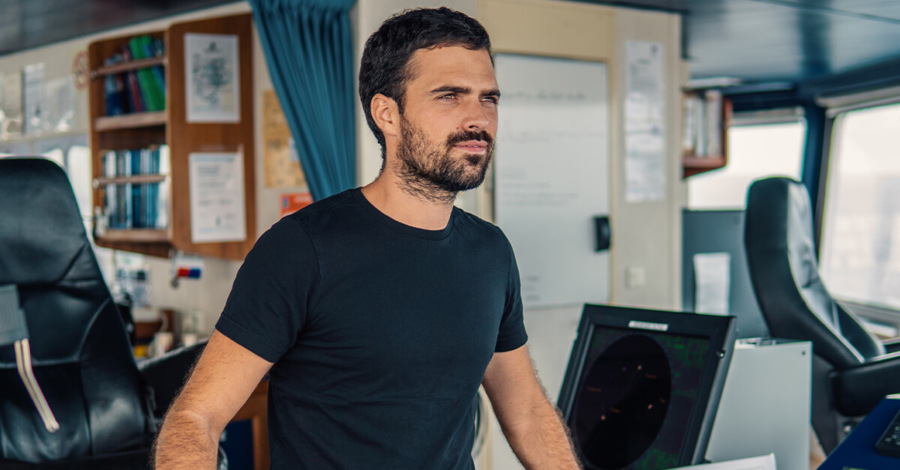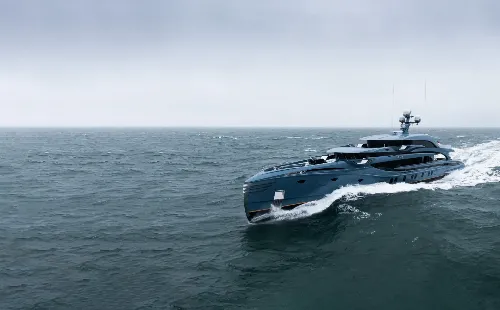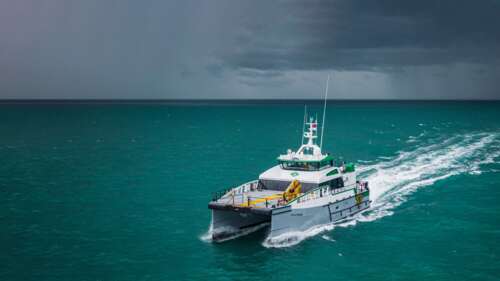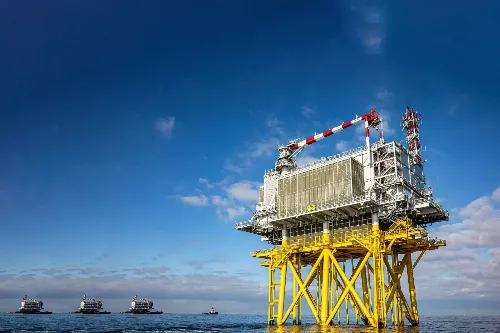1. Autonomous Shipping: A Reality on the Horizon
Autonomous ships, once a futuristic concept, are now a tangible reality. In 2024, several companies made significant progress in developing and testing autonomous vessels. For instance, Rolls-Royce unveiled its autonomous ship concept, "Remotely Operated Vessel," which can be controlled remotely from a land-based control center.
Additionally, Kongsberg and Wärtsilä have successfully deployed autonomous tugs in ports around the world, showcasing the potential of autonomous technology to revolutionize maritime operations.
2. Digital Transformation: Sailing into the Future
The maritime industry has embraced digital transformation with open arms. AI-powered solutions are being implemented to optimize shipping routes, predict maintenance needs, and improve decision-making processes. Maersk and IBM have collaborated to develop a platform that utilizes AI to predict equipment failures, reducing downtime and costs.
Furthermore, the adoption of digital twins is gaining momentum, allowing for remote monitoring and analysis of ships and ports.
3. Green Shipping: A Sustainable Future
Environmental sustainability has become a top priority for the maritime industry. In 2024, we witnessed a surge in green initiatives and sustainable shipping practices. Major shipping companies like Maersk and CMA CGM have committed to ambitious carbon-neutral goals. To achieve these targets, the industry is exploring alternative fuels, such as LNG, methanol, and hydrogen.
Additionally, energy-efficient technologies, like air lubrication systems and energy-saving propellers, are being adopted to reduce emissions and improve fuel efficiency.
4. Supply Chain Resilience: Navigating Turbulent Waters
The ongoing global supply chain disruptions have highlighted the need for resilient maritime logistics. To mitigate risks and improve supply chain visibility, shipping companies are leveraging digital supply chain platforms and real-time tracking technologies. Digitalization has empowered businesses to respond to disruptions more effectively and make informed decisions.
Additionally, diversifying supply chains and exploring alternative shipping routes have become crucial strategies for navigating turbulent waters.
5. Cybersecurity: Safeguarding the Digital Seas
As the maritime industry becomes increasingly digitalized, cybersecurity threats have intensified. In 2024, several high-profile cyberattacks targeted maritime organizations, emphasizing the importance of robust cybersecurity measures. To combat these threats, the industry is investing in advanced cybersecurity solutions, such as intrusion detection systems and firewalls. Furthermore, cybersecurity training and awareness programs are being implemented to educate employees about potential risks and best practices.
In conclusion, 2024 has been a year of significant advancements and challenges for the maritime industry. By embracing technological innovation, prioritizing sustainability, and strengthening cybersecurity measures, the industry is well-positioned to navigate the future and overcome obstacles.





